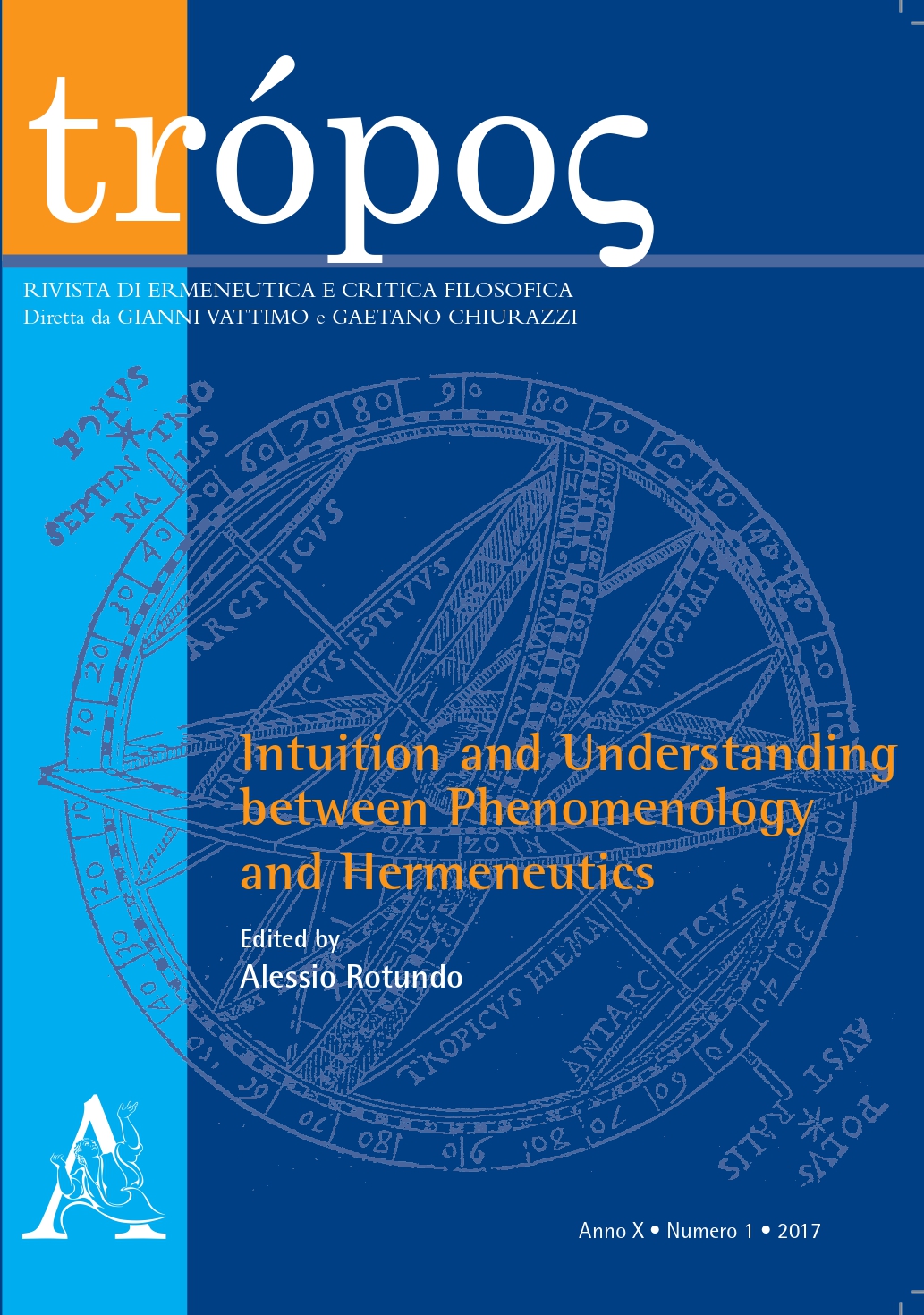“Laddove c’è prova, non c’è testimonianza”
Le aporie del testimone secondo Jacques Derrida
Parole chiave:
person, evidence, perception, language, remediationAbstract
The priority that phenomenology grants to the first–person perspective is challenged in different ways by post–phenomenological thinkers, such as Jacques Derrida. The article aims at outlining the strategic function that the figure of the “witness” (témoin) plays in Derrida’s thought, i.e., as a “third” that in Derrida’s early writings undermines the metaphysics of presence and, especially in the later works, appears as a speculative figure between belief and knowledge. On the basis of various remarks on the “witness” to be found across Derrida’s oeuvre it is possible to articulate a grammar of the “witness,” grammar characterized by three constitutive paradoxes: (a) the substitutability of the unsubstitutable, (b) the foundation of the unfoundable, (c) the repetition of the unrepeatable. By elaborating a constitutive logic of the “witness,” Derrida works a complication of phenomenology that falls back upon the notion of “remediation.”


